Contract Research Blog | Preclinical Oncology Research Blog
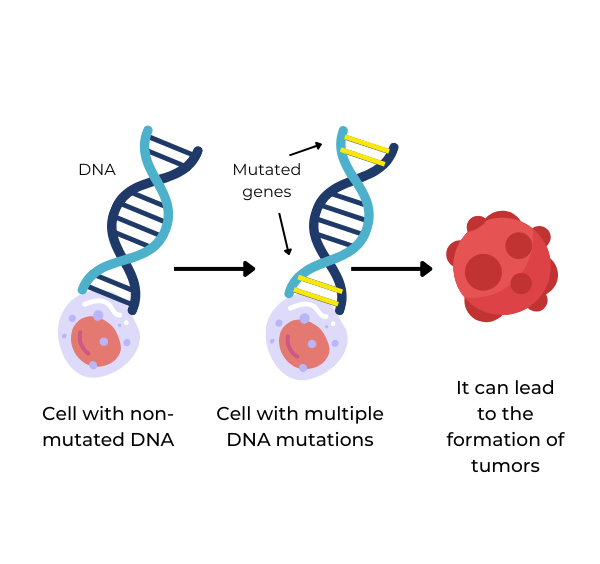
Cancer is a disease characterized by the uncontrolled proliferation of abnormal cells. At the heart of this disease lie mutations, which are changes in the genetic material of a cell that can result in unregulated cell growth. These mutations can occur in several forms and at various points within the human genome, affecting a diverse range of genes.
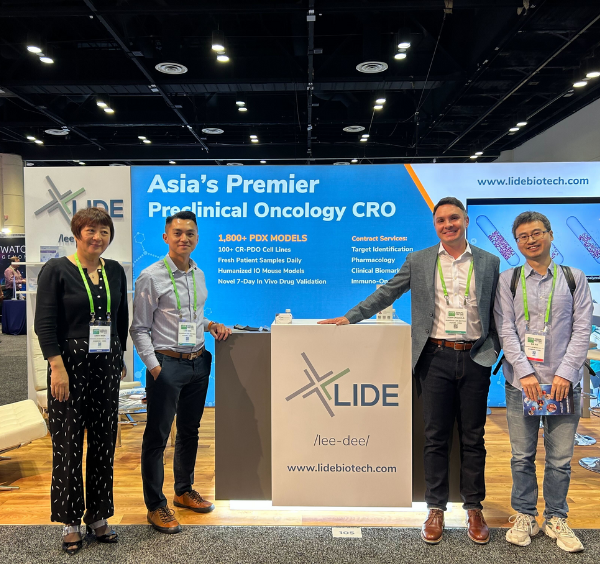
The American Association for Cancer Research (AACR) conference held in Orlando, Florida, was an exceptional platform for our pre-clinical research organization (CRO) to showcase groundbreaking research and forge invaluable connections within the global oncology community.
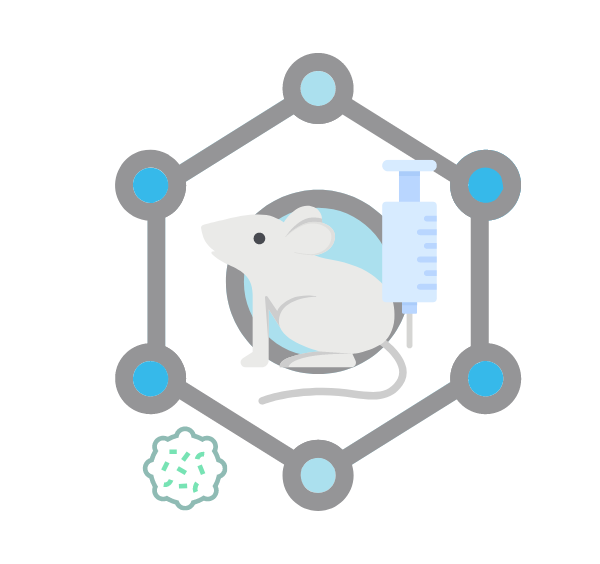
Genetically humanized mice are specially engineered rodents that carry human genes, cells, tissues, or organs. These mice are designed to better mimic human physiology, which makes them invaluable tools for studying human diseases such as cancer.
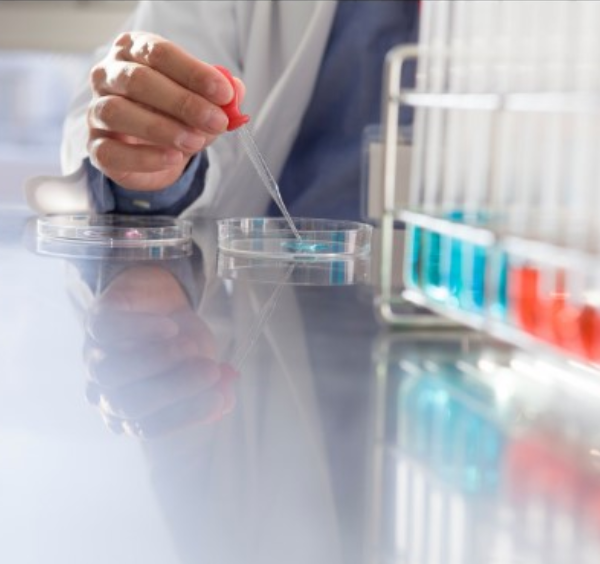
Preclinical testing serves as the foundation for drug development, aiming to evaluate the safety and efficacy of a potential new treatment before progressing to clinical trials.
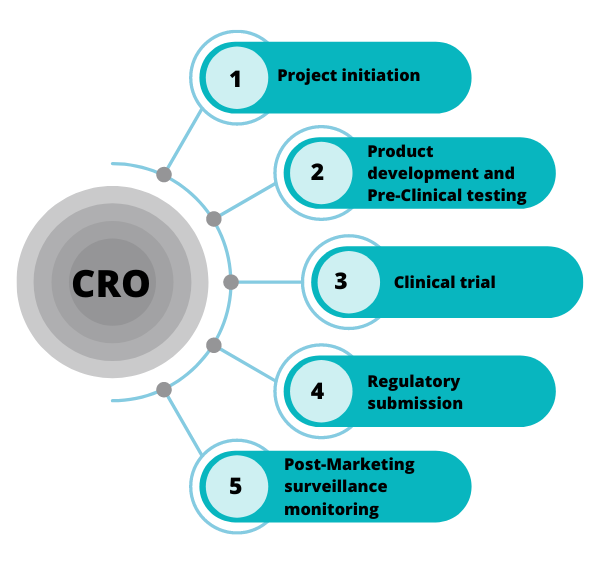
A Clinical Research Organization (CRO) that provides preclinical support to pharmaceutical, biotechnology, and medical device companies provides essential services before the clinical stage of drug or device development, prior to trials involving human subjects.
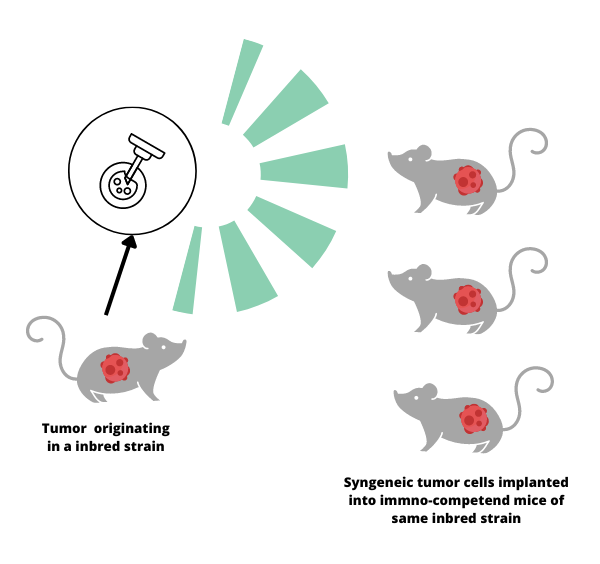
Syngeneic mouse models play a crucial role in cancer research; they help aid in the study of how the immune system interacts with cancer cells. A syngeneic mouse model is created by transplanting cancer cells from one mouse to another that is genetically identical, or from the same strain. This allows researchers to observe how the immune system responds to the tumor in a realistic and controlled environment.